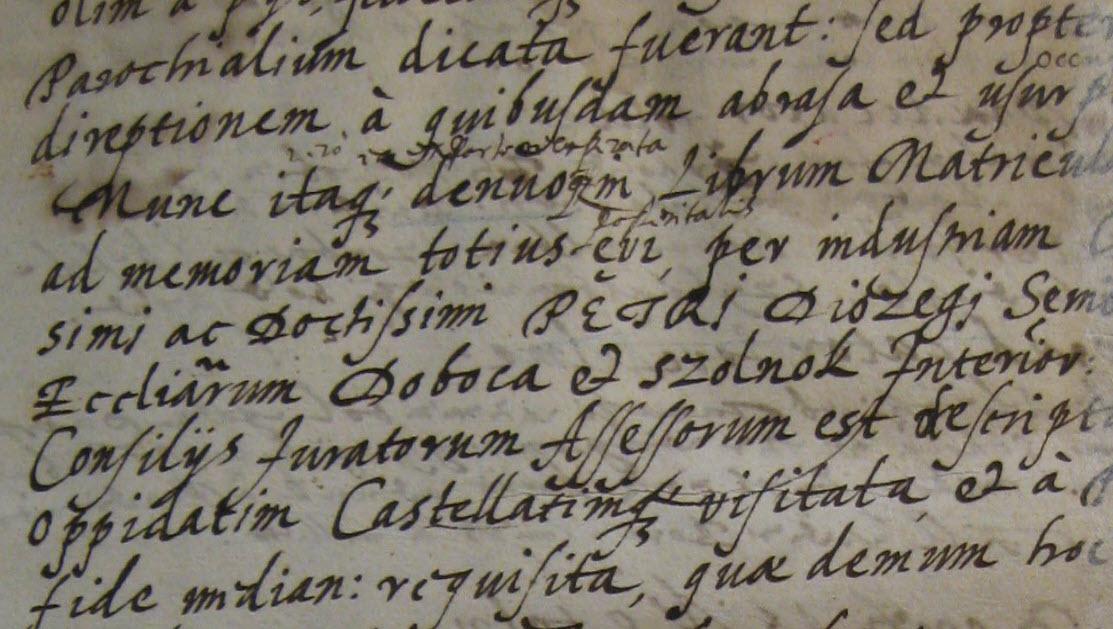Makfalvi József hitvallása
Huszti Andrást, Nádudvari Pétert és Makfalvi Józsefet a szakirodalom az univerzalista tanok vagy más néven a remonstráns teológia erdélyi követőjeként tartja számon. Huszti András és Nádudvari Péter története többé-kevésbé már feldolgozott, de ezekből éppen teológiai tévelygésük pontos rekonstruálása maradt ki. Makfalvi Józsefről viszont keveset tudunk. Róla csupán néhány közlemény jelent meg, s így neve szinte ismeretlen a szakirodalomban.
